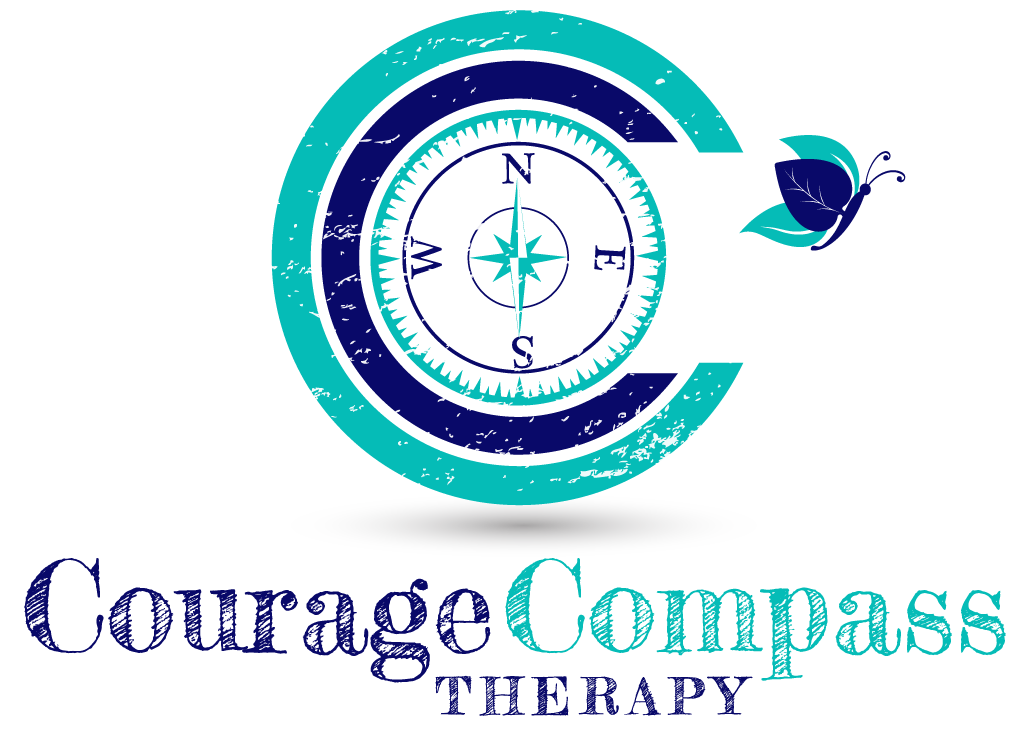We don't often think about TIME being or having a boundary but it does. Events in our lives have a finite beginning and end. We have holidays where we only do certain rituals during certain times.
Such as today, if you celebrate Easter, you may be doing an Easter Egg hunt, or have done one or more already. You actually CAN do an Easter egg hunt any time you like. It doesn't mean you do.
If you celebrate Passover, you could eat Matzah all year, but you probably don't. It's unique and symbolic to the holiday.
My son's favorite holidays are Halloween (holiday?) and 4th of July, aside from his birthday. We could technically give candy out anytime someone came to our door and asked, but there is an unspoken understanding that that would be inappropriate. We celebrate national independence with fireworks and parades on that day for a reason.
What are you doing in your life where you need to invoke more boundaries around your time? Can you start to see it like this- as we look at how we celebrate holidays and partake in rituals-we wouldn't do it all these things all the time. It would be expensive, exhausting, and lose its meaning.
For instance, there are a lot of times where I could always be working, I could throw in a load of laundry, I could clean that thing that's been in the laundry sink for a week. If I do those things, I'm implicitly saying YES to that and NO to other things: time with family, time for rest, time for play and socializing, etc.
Why don't we set clearer boundaries around our time? We think we need to be open 24/7, be available, do all the things because of what it would mean if we didn't. We think: If I don't do that person this favor, they will judge me, think badly of me, etc. But what if the time you have available has expired? What if you don't have any time for the particular request? Learning to say no is another post entirely. We are just focusing on time right now.
So how can you start to approach and address this?
1. Take a time audit: track how you're spending your time
2. Reframe a YES to an unwanted request as a NO to something else. Does that help you say NO when you need and want to say no?
3. Add safeguards around your time to protect you: commit to a class after work so you can't stay late. Meet up with a friend for a walk so that you don't opt out of self-care, exercise, and connection.
If this sounds good but feels so freaking hard, I get it. This is why the spring workshop series is being offered.
Just because you're smart and intelligent it doesn't mean you can always outsmart feelings of shame, guilt, or obligation. You think you should be able to figure it out, so you probably don't reach out for help with it. Believe me, I was patient 0 in that category at one time. Seeking support is brave and courageous, not weak.

